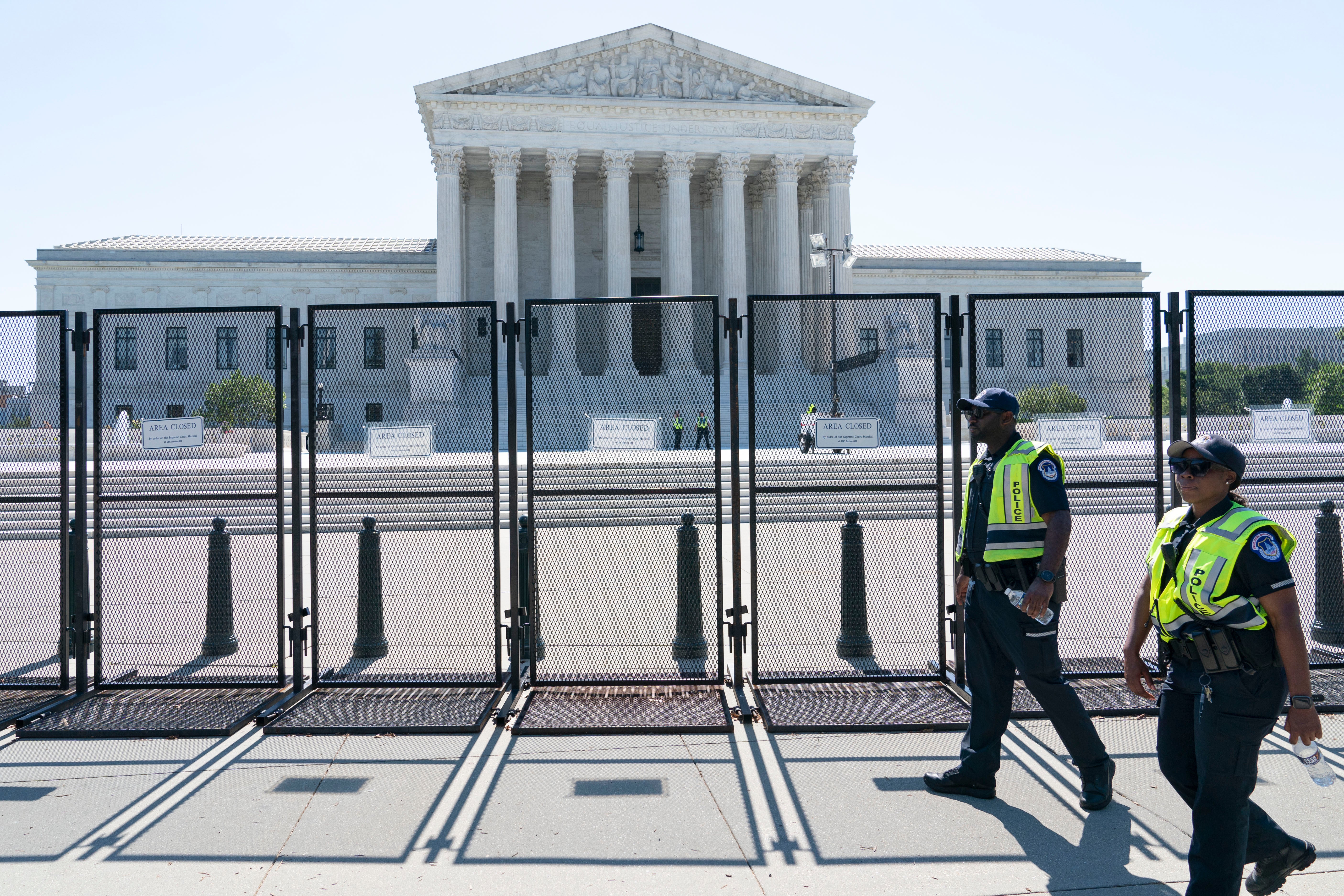High court declines to take up fight over airline crew rest
The U.S. Supreme Court is letting states set their own standards for meal and rest breaks by airline crews

Your support helps us to tell the story
From reproductive rights to climate change to Big Tech, The Independent is on the ground when the story is developing. Whether it's investigating the financials of Elon Musk's pro-Trump PAC or producing our latest documentary, 'The A Word', which shines a light on the American women fighting for reproductive rights, we know how important it is to parse out the facts from the messaging.
At such a critical moment in US history, we need reporters on the ground. Your donation allows us to keep sending journalists to speak to both sides of the story.
The Independent is trusted by Americans across the entire political spectrum. And unlike many other quality news outlets, we choose not to lock Americans out of our reporting and analysis with paywalls. We believe quality journalism should be available to everyone, paid for by those who can afford it.
Your support makes all the difference.The U.S. Supreme Court declined Thursday to take up a case involving a state law that gives California-based flight crews more generous meal and rest breaks than required by federal rules.
Several Virgin America flight attendants sued to be included under the law, and an appeals court in San Francisco ruled in their favor last year.
Alaska Airlines, which bought Virgin America, appealed to the Supreme Court, but the justices declined to take up the matter, leaving the lower court's ruling in place.
The California law requires that workers be free from all job duties for 10 minutes every four hours and for a 30-minute meal break every five hours.
Federal regulations limit flight attendants to a 14-hour work day, but they remain on duty during meal breaks. Airlines argue that if the California law stands, they will need to add crew members on some flights, which would lead to higher fares.
The trade group Airlines for America opposes the California law and said Thursday that letting it stand “will result in a patchwork of costly and conflicting state regulations.” It said at least 19 states have laws covering meal and rest breaks.
Lawyers for Alaska Airlines argued this month that the California law would be especially burdensome now, while airlines face labor shortages that are causing them to cancel thousands of flights.
Attorneys for the flight attendants countered that it was laughable to think a law that applies to a limited group of workers would make nationwide labor shortages and flight cancellations any worse.
The flight attendants' lawyers said the Federal Aviation Administration’s authority to pre-empt state laws only applies to measures affecting airlines prices, routes and services, and that states are otherwise free to regulate working conditions.